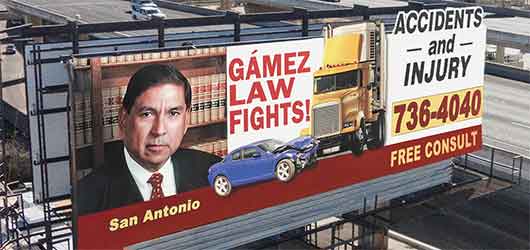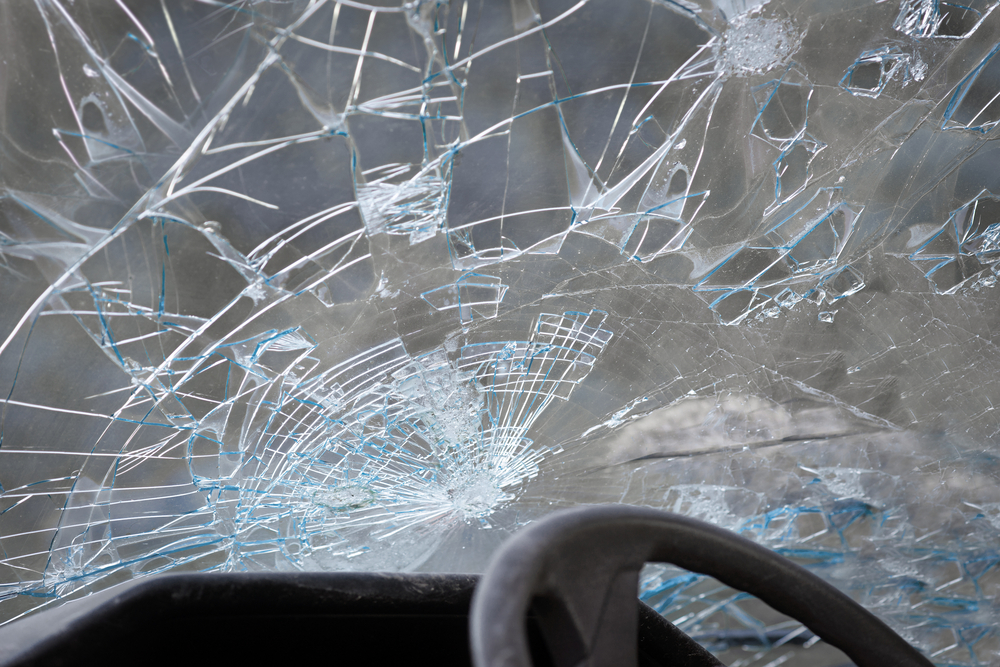After a car accident, you have the right to pursue damages. In most cases, you will submit an insurance claim to get the process started. Working with a car accident lawyer in Houston or San Antonio from the very start is the best way to get the highest settlement possible. After receiving your claim, the insurance company might come back and ask you for a recorded statement. It is important that you speak with your lawyer before you proceed.
What Is a Recorded Statement and Why Does It Matter?
At the outset, it could appear as though the insurance company is there to help you. After all, they will be providing the money to compensate for your accident. However, it is important to remember that they are in business, and they make their profits by downplaying accidents like yours to minimize their payouts.
When an insurance company asks you for a recorded statement, they are requesting that you go on record and give them information about the accident. They might ask where the crash occurred, how it happened, and if you were injured. Once you have given a recorded statement, it becomes a legal part of your claim. The insurance company can use it to show inconsistencies in your story or to cast doubt on the facts of your case.
How Insurance Companies Use Recorded Statements
The insurance company uses recorded statements as part of their investigation into your claim. Their aim is to determine what happened and whether or not they need to apply coverage to pay for your damages. In addition to asking for a recorded statement, they will send a claims adjuster to look at your vehicle for signs of physical damage. They might also attempt to speak with witnesses and review other evidence.
The insurance company will use your recorded statement to try to reduce the value of your claim. They will review it against other sources of evidence and other information you give to see if you change your story or if the details don’t line up. They will also review your statement for indications that you may have been partly at fault or that your injuries were not a direct result of the accident.
Beware of Manipulative Questions
Whether their tone is friendly or formal, you should always remember that a representative of the insurance company is paid to acquire information that will minimize their payout. They might try to get you to give more information than you are legally required to offer, such as whether you were distracted at the time of the accident or if you have a pre-existing medical condition that could have affected your injuries.
Often, insurance companies will attempt to obtain a recorded statement soon after the accident, when they know you might not be thinking clearly. They might try to get information from you before you have had a chance to learn the full extent of your rights by speaking with a car accident lawyer.
Can You Edit a Recorded Statement?
No. Once you have given a recorded statement, there is no way to take back anything you said or submit any revisions. That’s why it is extremely important to speak with your car accident lawyer before you disclose any information.
Do You Need to Give a Recorded Statement?
In many cases, you are not actually required to give a recorded statement at all. It depends on which insurance company is handling the claim and the terms of the policy.
The Other Driver’s Insurance Company
If you are seeking damages from the other driver’s insurance company, you are not required by law to give a recorded statement. So, why would the insurance company ask you for one? The fact is that most people believe they are required to give a recorded statement in order for their claim to be considered. Insurance companies exploit this misconception as a means of facilitating their investigation.
Your Insurance Company
You will likely submit a claim to your insurance company if the other driver was uninsured, or if they fled the scene without offering their insurance information. Your insurance policy might state that you are required to give a recorded statement as part of the claim submission process.
Since your policy is a legally binding agreement, you will need to cooperate, but you can speak with a car accident lawyer to help you prepare your statement. Sometimes, you can even have your lawyer on the phone with you as you give the recorded statement.
Refusing a Recorded Statement
If the other driver’s insurance company asks you for a recorded statement, you may politely decline. Your lawyer can collect all of the information that you need to submit and handle communications between the parties. If your insurance company asks you for a recorded statement and you have not already contacted your lawyer, you can let them know that you are not ready.
How to Give a Recorded Statement
Your car accident lawyer will coach you on how to give a recorded statement. They are your best reference for preparing to speak with the insurance company. In the meantime, here are some general guidelines to follow:
Wait Until You Know the Extent of Your Injuries
Some injuries take time to develop, and you might not feel their full effects immediately due to the adrenaline your body produces in a crash. Insurance companies will often try to obtain a recorded statement before you really know how badly you were injured or what your treatments will cost. You should only give a recorded statement once you understand the full extent of your injuries.
Be Consistent
Make sure that what you say matches up with the police report you filed and any witness statements that might exist. As you prepare for your recorded statement, you should review all of the existing statements pertaining to your case and make notes.
Don’t Give Unnecessary Information
The recorded statement is not the time to complain about the accident or rant against the other driver. Emotional outbursts can be used to discredit you or demonstrate that you were in a poor frame at the time of the accident. Keep your statements brief and don’t opinionate on the facts. Additionally, you should refrain from posting anything about the accident on social media.
When Should You Notify the Insurance Company About the Accident?
While you need to be careful about your recorded statement, that is not to say you should avoid communicating with your insurance company. In fact, you need to notify them about the accident as soon as possible. Otherwise, they could claim that you weren’t taking the crash seriously.
In the immediate aftermath of an accident, you should always do the following:
- Go to the ER and get medical attention
- Collect the other driver’s insurance information
- File a police report
- Contact your car accident lawyer
- Notify your insurance company
Contact A Car Accident Lawyer in Houston or San Antonio
After a car accident, getting fully compensated for your damages is a crucial part of your recovery. To seek damages, you will need to submit an insurance claim in a correct and timely manner. A knowledgeable lawyer can help you prepare consistent statements that do not discredit your version of the events. To speak with a car accident lawyer in Houston or San Antonio, contact Joe A. Gamez Law Firm, PLC, today!



